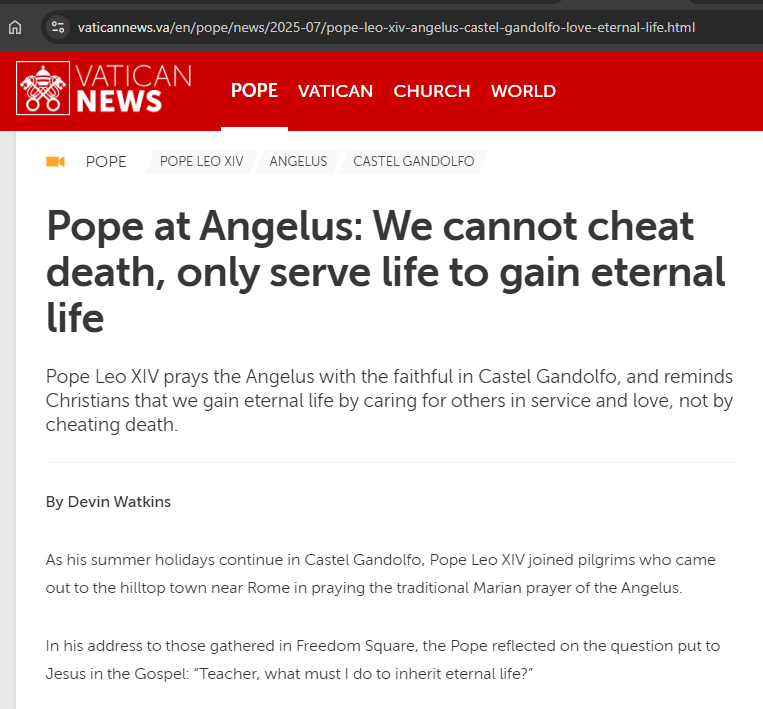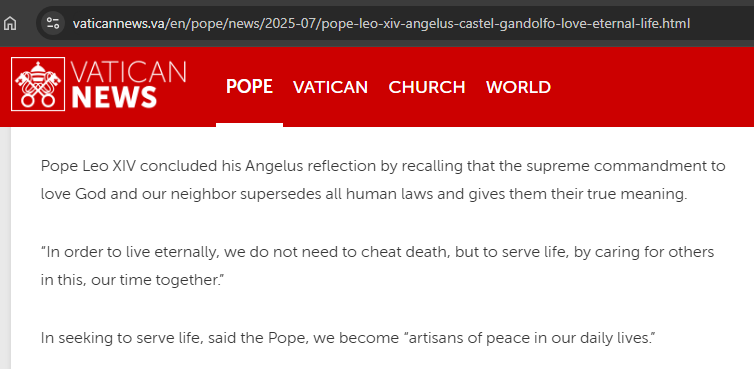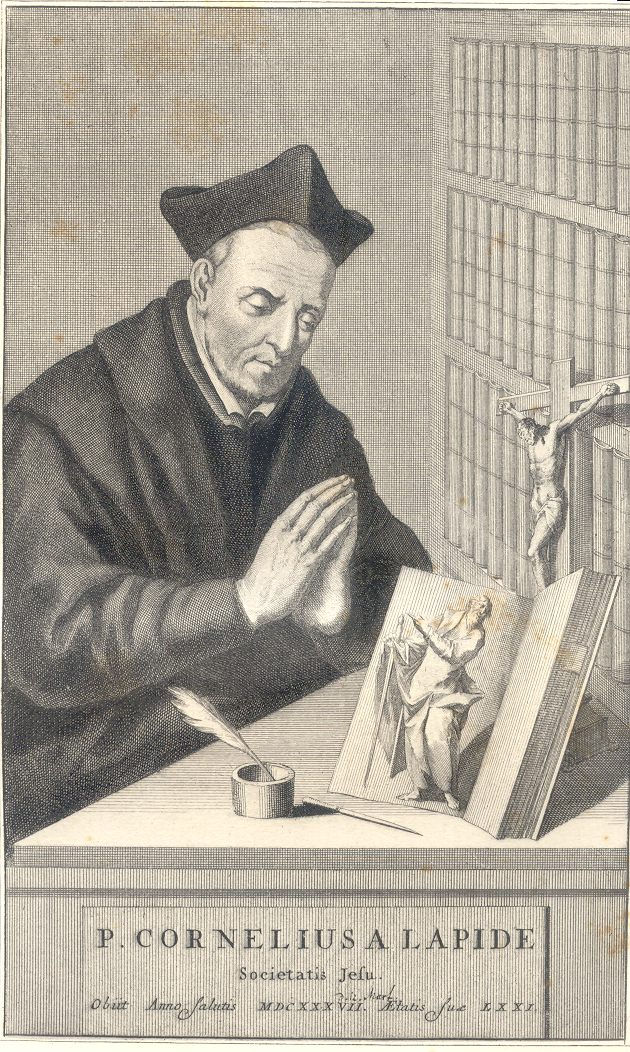"Domine, tu omnia scis, tu cognoscis quia amo te."
- F M SHYANGUYA
- Jul 16
- 3 min read
Updated: 4 days ago
"Domine, tu omnia scis, tu cognoscis quia amo te."
"LORD, you know everything; you know that I love you."
1 Cor (RSVCE) 13:13 So faith, hope, love abide, these three; but the greatest of these is love.
So ends the 13th Chapter [RSVCE Title: The Gift of Love] of the Holy Apostle St Paul's 1st letter to the Corinthians.
These are the Three Theological Virtues in the Penny Catechism's Q313.

From the Penny Catechism, all these Three Theological Virtues are supernatural gifts of God.
What is Faith?
What is Hope?
What is Charity?
If one does not yet have the gift of Faith or having been gifted it by receiving the Sacrament of Baptism and would like an increase in the three theological virtues, the LORD Jesus Christ has already shown the way and taught that we ought to take this request [as with all of our needs] to Him in prayer[1].
With the encouragements of her Pontiffs, within the Church, there are many versions of Acts of Faith, Hope, and Love, which the faithful can recite often, even daily[2]. Here is an Act of Love:
Actus Caritatis
Act of Love
Endnote
This post was made as an antidote to a teaching - that ought to be odious to pious ears - by Pope Leo XIV in his Angelus address on Sunday, July 13, 2025 at Liberty Square - Piazza della Libertà (Castel Gandolfo), in which he stated that[3]:

Thus making himself a supreme lawgiver, supplanting Christ and God, and with the new law he promulgated for both Church and secular society, whose concern is only about this life, supplanting both: the Decalogue, the summary of which is the twin precept of Love of God and love of neighbour for God's sake; and the Church's supreme law, the salvation of souls [cf. Can. 1752].
What chutzpah to do this the very same Sunday the Gospel was about the twin precepts of Charity, the greatest commandments! Coupled with this, Prophet St Moses in the 1st Reading telling us that our religion is not at all complicated and that we already have it and know it, therefore, requires no new novel and strange teaching.
What does this even mean: "... we do not need to cheat death,"?
[1]
a) Matthew (RVCE) 7:7 Ask, Search, Knock “Ask, and it will be given you; seek, and you will find; knock, and it will be opened to you."; Luke (RSVCE) 11:9 And I tell you, Ask, and it will be given you; seek, and you will find; knock, and it will be opened to you.
[2]
a) A prayer one could say every morning, upon waking up:

LORD our God, you are the one Lord. May we love you with all our heart, with all our soul, with all our mind, and with all our strength. And may we love our neighbor as you have loved us.
c) In addition, one could say these aspirations during Mass, after the consecration of the Body and Blood, as follows:
[3] Both the Title and the Subtitle of Devin Watkins' Article for VATICAN NEWS echoed the Pope's troubling statement in "Freedom Square", minus "the supreme law" assertion.

But in the main body of the article, it is as if the writer, Devin Watkins, by a literary sleight of hand, had to preface the Pope's statement by trying to connect it to "the supreme commandment to love God and our neighbor" and in addition, truncated the Pope's words to excise out "That is the supreme law that is prior to all society’s rules and gives them their meaning."










Comments